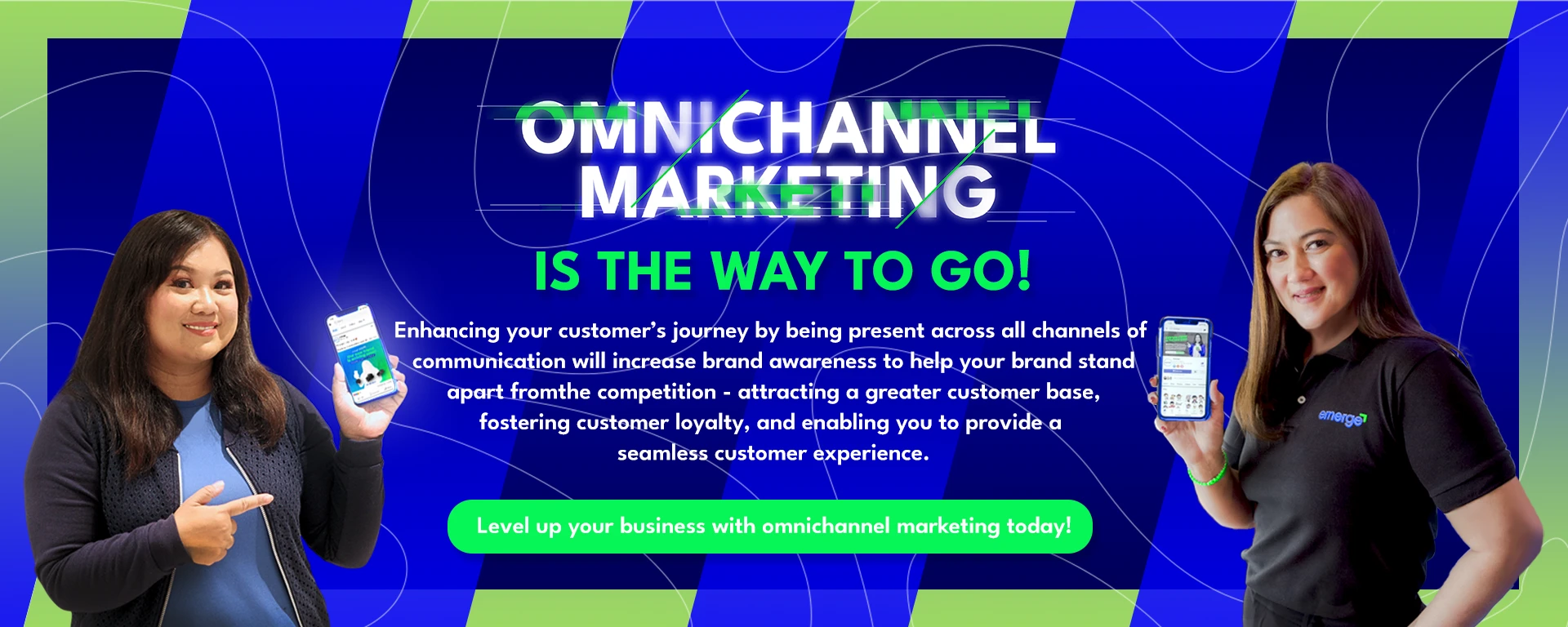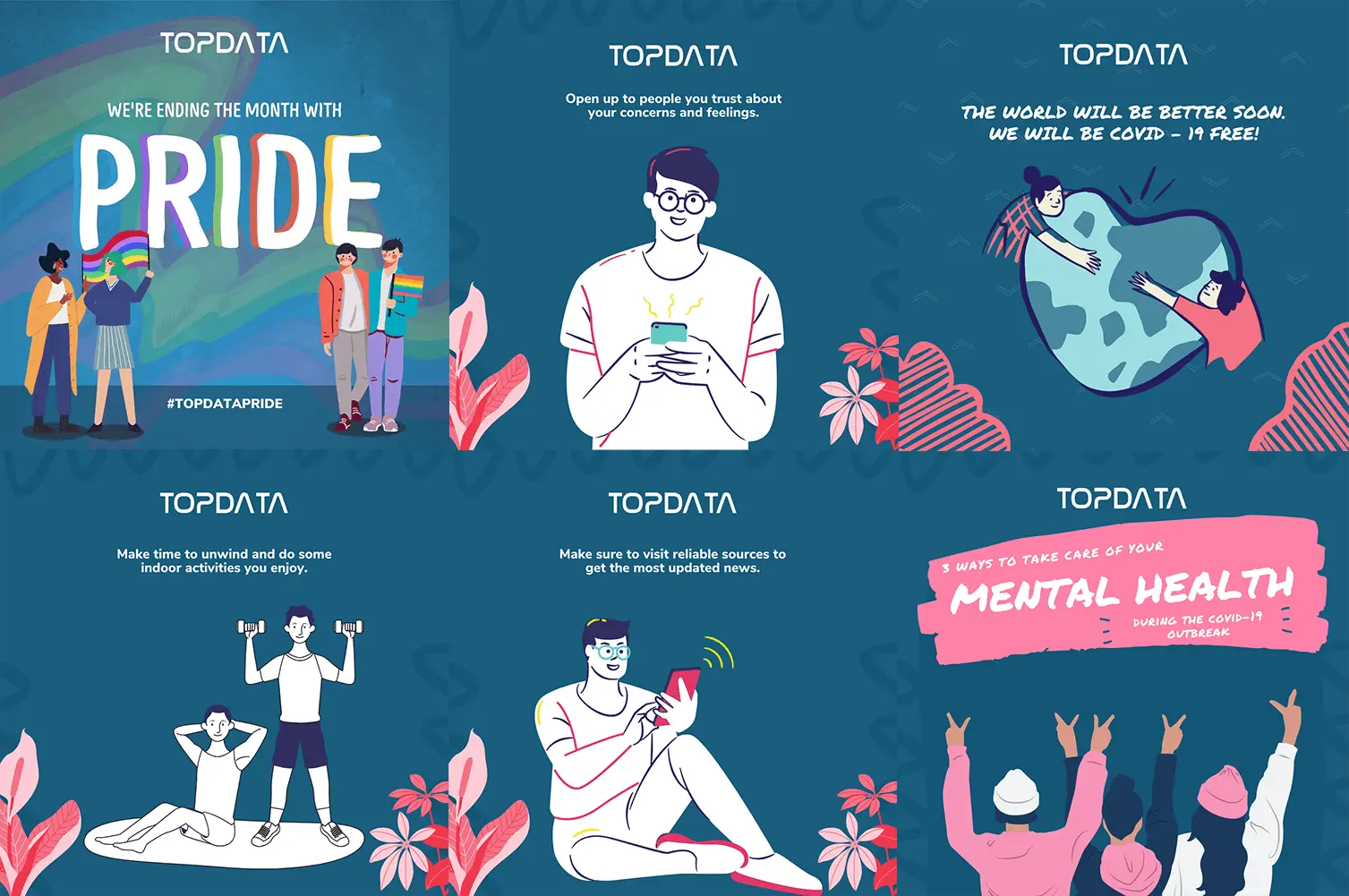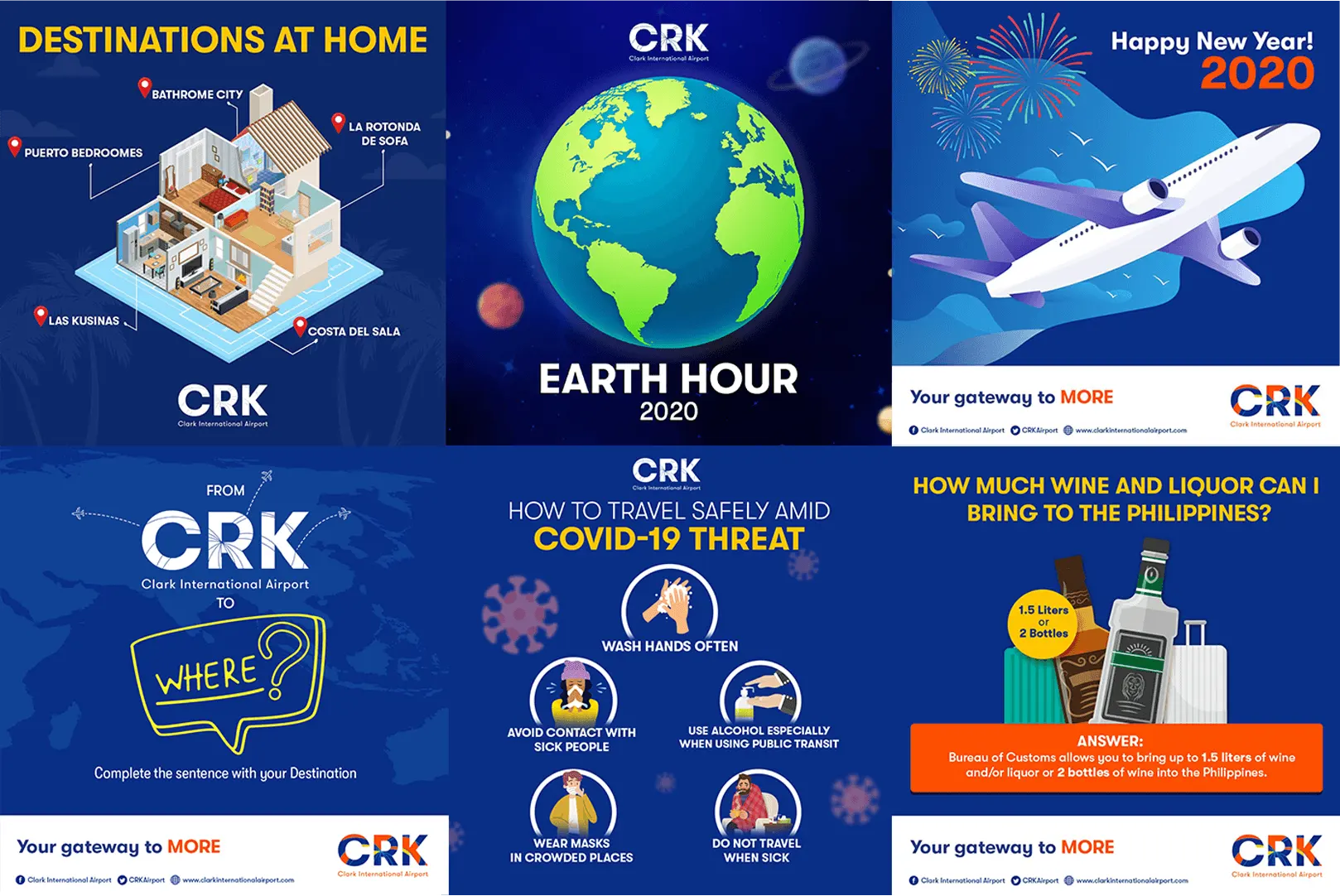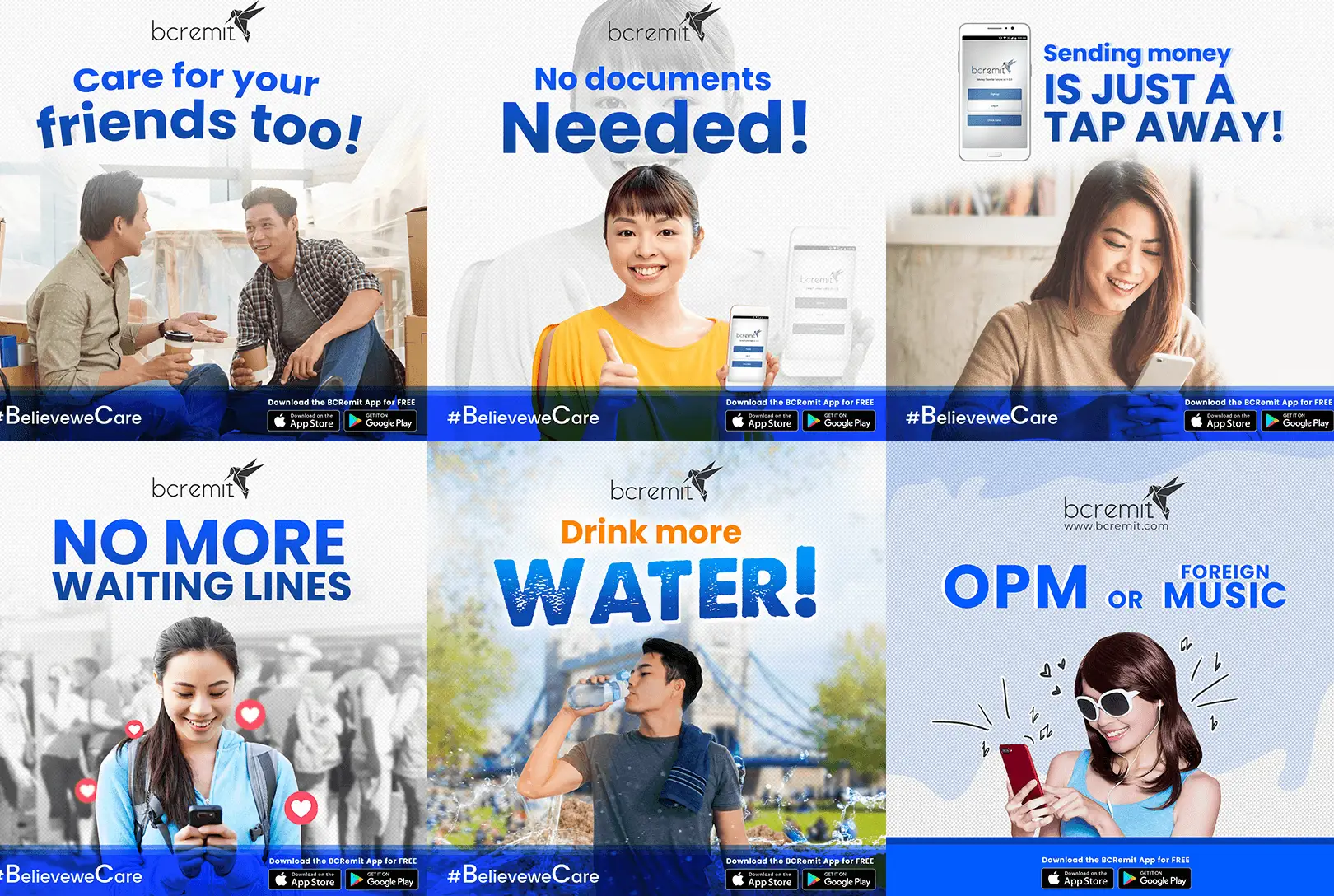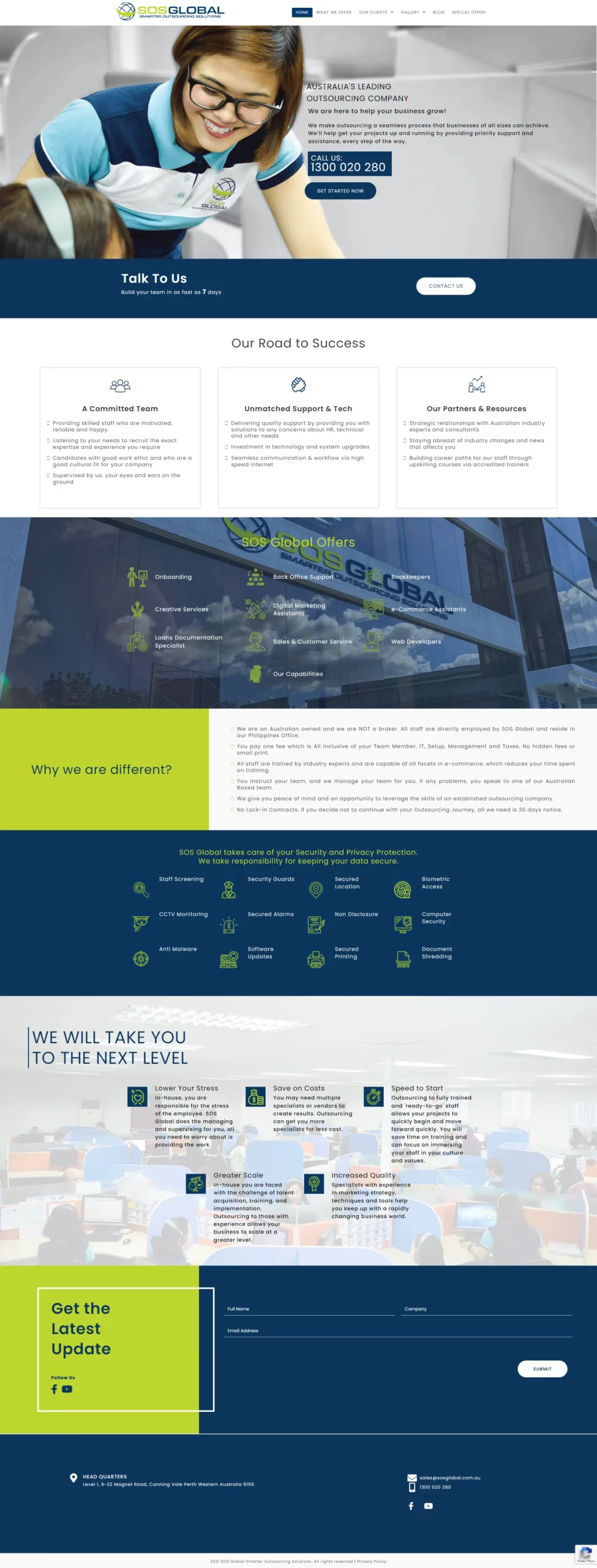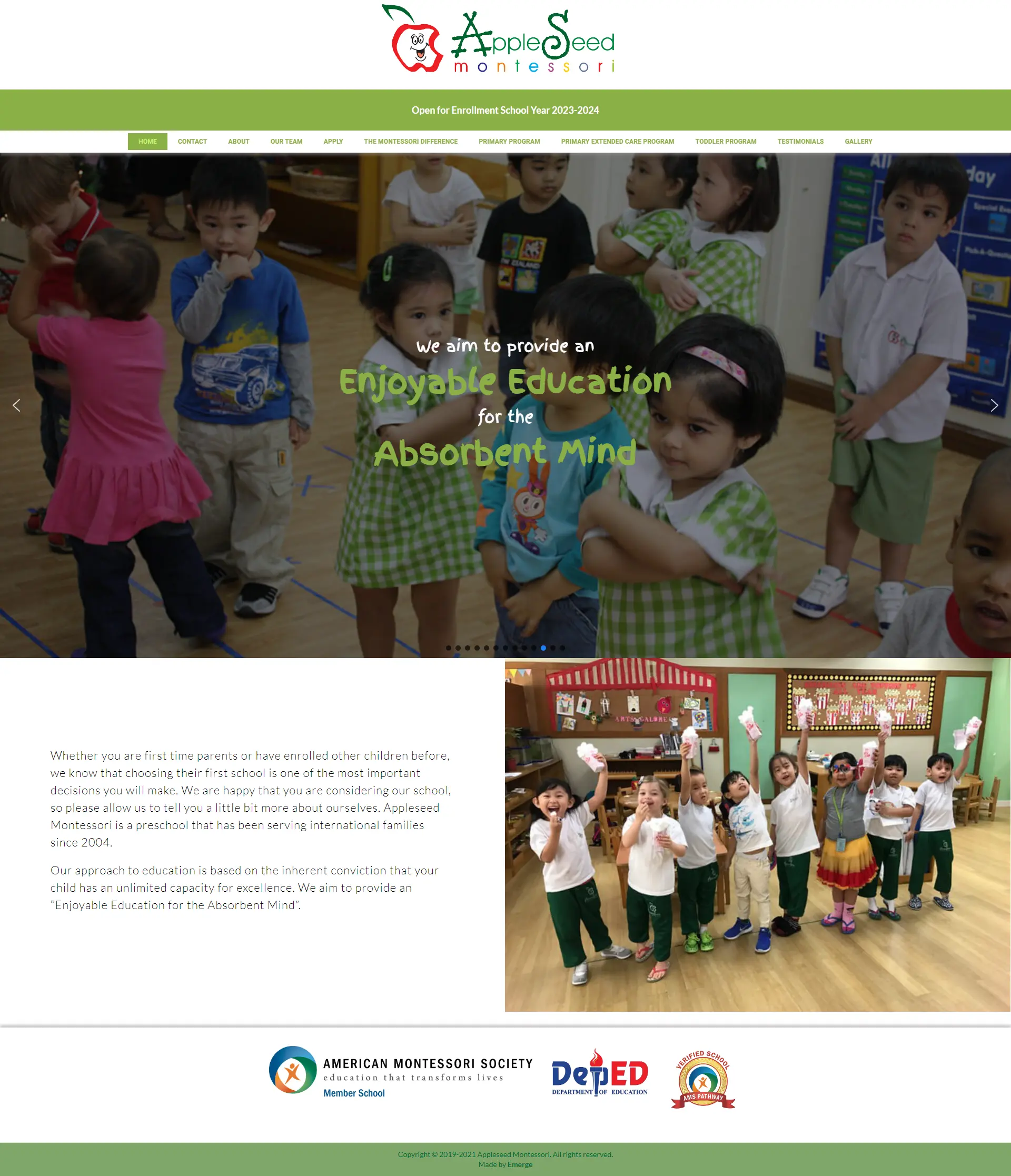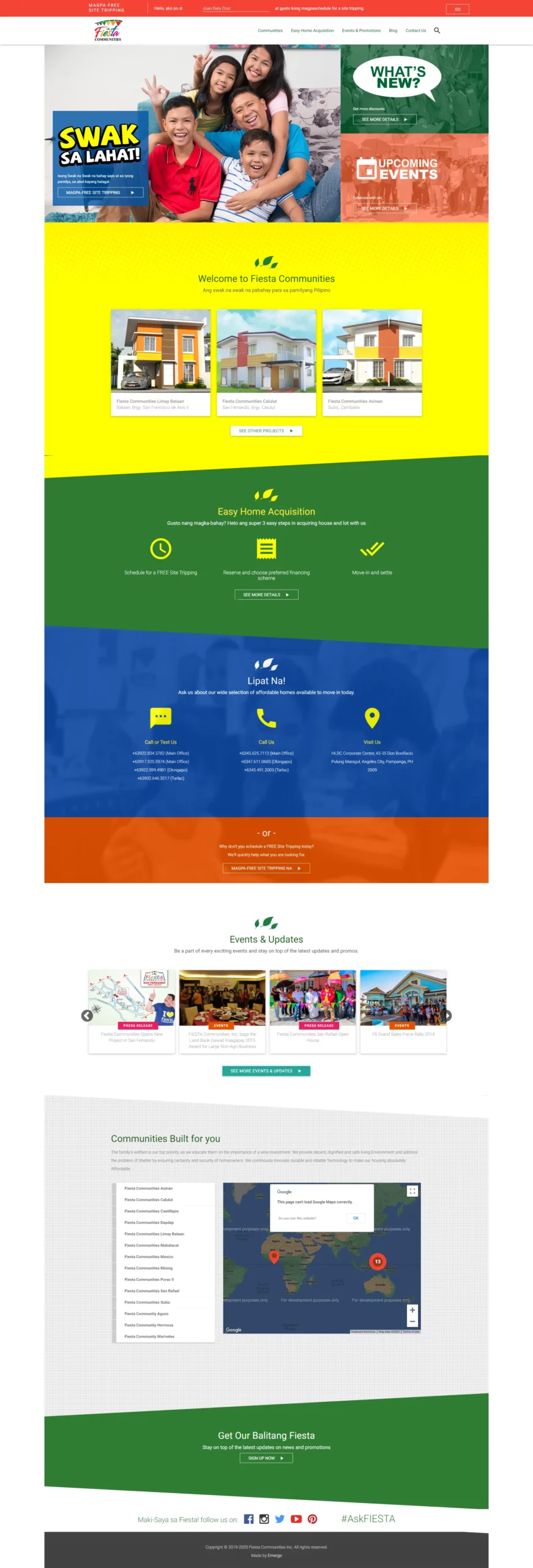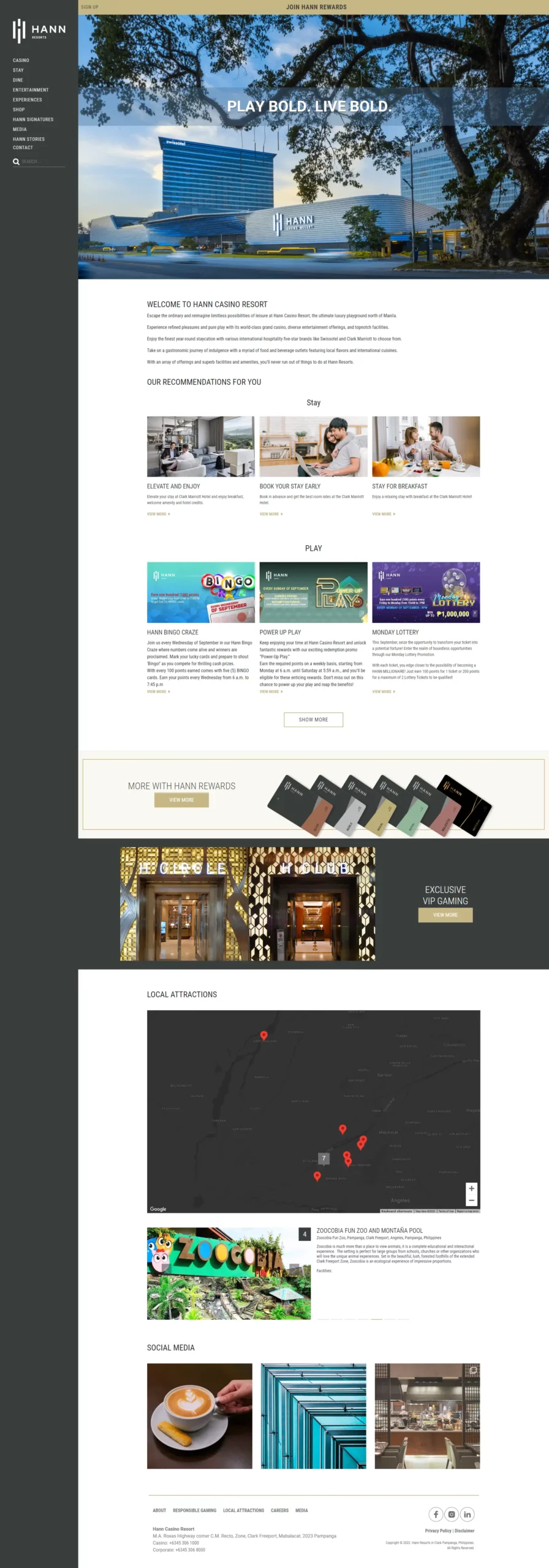Unleashing the Power of AI Filters in Social Media Marketing Campaigns
In the ever-evolving world of social media marketing, staying ahead of the curve is crucial for businesses aiming to engage their target audience effectively. The rise of artificial intelligence (AI) filters has revolutionized the way marketers approach their campaigns, offering powerful tools to optimize content delivery and drive exceptional results. Let’s explore the benefits of using AI filters in social media marketing campaigns and provide insights into how businesses can harness their power to unlock new levels of success.
Understanding AI Filters in Social Media Marketing
AI filters, powered by sophisticated algorithms, significantly shape users’ social media experiences. They are designed to curate and personalize the content users see in their feeds, ensuring that it aligns with their interests and preferences. In marketing campaigns, AI filters act as gatekeepers, determining the visibility and reach of branded content. Let’s delve deeper into how AI filters work and their impact on social media marketing.
Firstly, AI filters analyze user data, including demographics, interests, behaviors, and engagement patterns, to deliver personalized content. By understanding users’ preferences, AI filters prioritize relevant and engaging content, increasing the likelihood of capturing users’ attention.
Moreover, marketers can leverage AI filters to optimize their content and campaigns. By studying the performance of different types of content, such as images, videos, and text, businesses can adapt their strategies to align with the preferences of their target audience.
Lastly, AI filters allow marketers to target their desired audience based on various criteria precisely. By leveraging AI-powered insights, businesses can tailor their advertising campaigns to reach the most relevant users, increasing the chances of driving conversions and maximizing return on investment (ROI).
Benefits of AI Filters in Social Media Marketing Campaigns
Integrating AI filters in social media marketing campaigns offers a myriad of benefits for businesses aiming to achieve their marketing objectives. Let’s explore some of these advantages:
- AI filters enable precise audience targeting, ensuring that campaigns reach users most likely to engage with the content. By tailoring content to specific demographics, interests, and behaviors, marketers can increase their reach and improve the overall effectiveness of their campaigns.
- AI filters prioritize high-quality and engaging content, increasing the likelihood of users interacting with branded content. By creating compelling and relevant content, marketers can capture users’ attention, foster engagement, and cultivate a loyal community around their brand.
- AI filters provide valuable insights and analytics that help marketers optimize their real-time ad campaigns. Businesses can refine their strategies, enhance targeting, and improve campaign outcomes by monitoring performance, analyzing user behavior, and leveraging AI-driven recommendations.
- AI filters enable businesses to optimize their advertising budget by ensuring ads are shown to the most relevant audience. Marketers can allocate resources more efficiently by avoiding wasteful spending on users unlikely to convert, leading to a better ROI.
- AI filters help narrow your target audience based on demographics, interests, and previous engagement with the brand. It analyzes user data to identify users more likely to be interested in your product, such as following influencers, engaging with similar brands, or purchasing online.
Implementing AI Filters in Social Media Marketing Campaigns
Businesses need to adopt a strategic and well-executed approach to effectively leverage AI filters in social media marketing campaigns. Here are some key considerations for implementing AI filters:
Data-Driven Insights: Understand the data and metrics provided by the AI filters to gain insights into audience preferences, content performance, and campaign effectiveness. Utilize this information to refine your targeting, optimize content, and improve engagement.
Content Optimization: Analyze how different types of content perform with your target audience and adapt your content strategy accordingly. Experiment with various formats, such as images, videos, or interactive elements, to uncover what resonates best with your audience.
Dynamic Campaign Management: Regularly monitor and assess the performance of your campaigns using AI-powered analytics tools. Adjust your targeting, ad placements, and content strategy based on the insights you gather to optimize results continuously.
A/B Testing: Implement A/B testing to compare the effectiveness of different content variations, targeting parameters, or call-to-action (CTA) elements. This iterative process will help you fine-tune your campaigns and achieve better outcomes.
Ethical Considerations: While leveraging AI filters, businesses must be mindful of ethical considerations. Ensure your campaigns promote inclusivity, avoid bias, and respect users’ privacy. Strive to balance personalization and diverse content to provide users with a well-rounded experience.
Final Thoughts
In the rapidly evolving social media marketing landscape, AI filters have emerged as powerful tools for businesses to optimize their campaigns and engage their target audience more effectively. By leveraging AI filters, marketers can benefit from enhanced targeting, improved user engagement, and efficient campaign optimization. However, it is important to implement AI filters strategically, using data-driven insights, content optimization, and ethical considerations. By embracing the capabilities of AI filters, businesses can unlock new levels of success in their social media marketing campaigns and stay ahead of the competition in the digital realm.
Consult with an expert for your digital marketing needs, book an appointment today!
